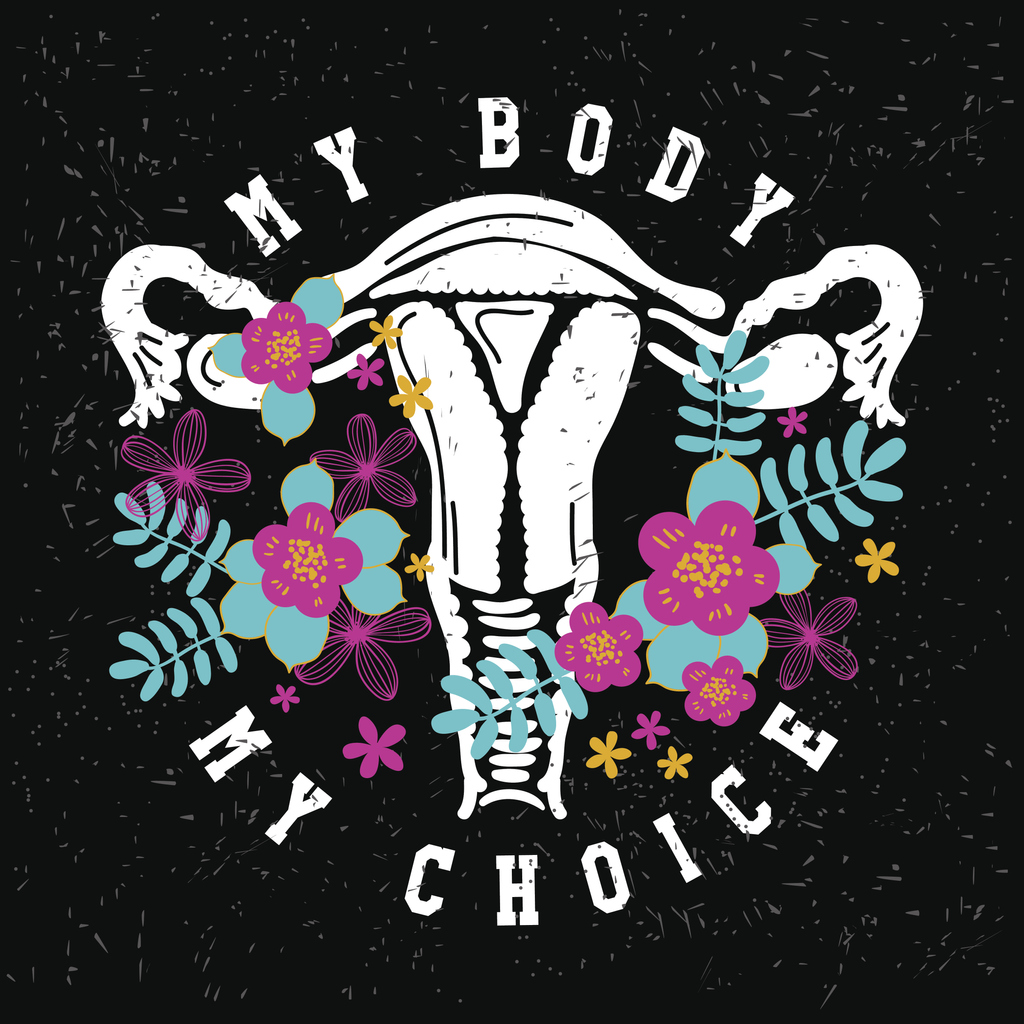
What is FGM?
Female genital mutilation (FGM) is a procedure where the female genitals are deliberately cut, injured or changed. It involves removing normal female genital tissue. FGM has no health benefits and is harmful to girls and women in many ways. It will interfere with the natural functions of girls’ and women’s bodies.
It is often thought FGM is carried out due to religious practices, this is not true. Some cultures believe FGM is a way to prepare a girl for marriage and adulthood. It’s also believed by some to be ‘beneficial’ for all females. Many communities believe it will reduce a female’s libido which will discourage sexual activity before marriage. Family honour and preserving tradition are also given as reasons for performing FGM.

Is FGM known by other names?
It’s also known as female circumcision or cutting, and by other terms, such as sunna, gudniin, halalays, tahur, megrez and khitan, among others.
Girls are often taken abroad for FGM. This commonly occurs in school holidays so they have time to recover before returning to school. Please be aware that FGM may be happening if a girl is travelling to an are of the world where FGM is common for:
- A special procedure to take place
- A special celebration in the destination community
- A celebration to transition to womanhood
Someone may come to you with concerns they are travelling for FGM. You can seek help. Contact details are at the bottom of this page.

Where is FGM happening?
FGM can happen anywhere and at any time. Cases have been publicised in the UK , with many more going unrecognised or unheard. However FGM is more commonly practiced in other areas of the world. Most commonly FGM is seen in East and West Africa, as well as some areas of South East Asia and the Middle East. A map of to help understand how common FGM can be can be found here.

Legality of FGM
FGM is illegal in the UK and is child abuse.
It’s a criminal offence to:
- perform FGM (including taking a child abroad for FGM)
- help a girl perform FGM on herself in or outside the UK
- help anyone perform FGM in the UK
- help anyone perform FGM outside the UK on a UK national or resident
- fail to protect a girl for whom you’re responsible from FGM
It is illegal to allow or arrange for a child to be taken abroad for FGM procedures or help someone carry out FGM in any way. If caught, offenders face a large fine and a prison sentence of up to 14 years. Anyone who performs FGM can face up to 14 years in prison. Anyone found guilty of failing to protect a girl from FGM can face up to 7 years in prison.
If you are worried about someone who is at risk of FGM you must share this information with the police on 101, they will then investigate. FGM Protection Orders can be used to protect girls at risk of FGM. Breaching an FGM Protection Order is a criminal offence with a maximum sentence of 5 years imprisonment.
Different types of FGM /categories
There are 4 main types of FGM:
- Type 1: Clitoridectomy: partial or total removal of the clitoris;
- Type 2: Excision: partial or total removal of the clitoris and the labia minora, with or without excision of the labia majora;
- Type 3: (infibulation) – narrowing the vaginal opening by creating a seal, formed by cutting and repositioning the labia
- Type 4: other harmful procedures to the female genitals for non medical reasons, including pricking, piercing, cutting, scraping or burning the area
Simple images of these types of FGM can help you to understand what is happening.
FGM is not usually carried out by someone with medical training; normally it is performed by ‘traditional cutters/circumcisers’. FGM often happens without the girls consent and they may have to be restrained before and during the procedure. Anaesthetics are often not used and the procedure itself is performed using knives, scissors, and pieces of glass or razor blades that could have been used on other girls.

Problems following FGM (short term/long term)
The impact of FGM on someone can be huge. These issues can be psychical but also psychological. Girls and women can be affected by any of the following:
Short term problems:
- Broken bones from being held down
- Infections
- Problems passing urine
- Damage to other organs and tissues
- Haemorrhage (heavy bleeding) which can result in death
Long term problems:

Psychological/mental health issues following FGM
Many survivors of FGM report their experience as extremely traumatic, causing emotional difficulties throughout life. These can include:
- Depression
- Anxiety
- Flashbacks to the time of the cutting
- Nightmares and other sleep problems
In some cases, women may not remember having the FGM at all, especially if it was performed when they were an infant.
We believe it is important to listen to the voices of survivors of FGM. The NSPCC created this video of survivors of FGM and their journeys. The NSPCC FGM helpline is free, anonymous and here 24/7. Call 0800 028 3550 for advice, support or if you’re worried about a child.

FGM treatment
Listening and considering how FGM has affected someone is the start of treatment. Each case is reviewed by a team of specialists to make sure survivors get the help they need. This can be support for physical issues with infection and pain, and also importantly some psychological therapies.
The physical changes can sometimes be managed by surgery. Deinfibulation, is the name of the surgery that can be performed to help survivors of some types of FGM The main objective is to open up the vagina. It can be known as ‘a reversal’ however this can be misleading as the procedure cannot replace any removed tissue and can’t undo the damage that has already been caused. However it can help with a lot of problems FGM have caused.
Surgery may be recommended for:
- women who are unable to have sex or have difficulty peeing as a result of FGM
- pregnant women at risk of problems during labour or delivery as a result of FGM
If possible FGM treatment should be carried out before getting pregnant however it can be done in pregnancy or labour if necessary.

Rose Clinics
Rose clinics are they key services for women and girls who have experienced FGM. They are available all over the country for FGM support. The main aim of each clinic is to:
- help with gynaecological and bladder issues
- provide information about deinfibulation (‘opening’ procedure)
- help with pelvic pain
- psychological support and counselling
- advice on contraception and sexual health
- advice on pregnancy
The nearest Rose clinic to Devon is in Bristol. Their contact details are:
tel: 07813 016 911
email: bristolroseclinic@nhs.net.
website : https://www.bava.org.uk/

Further Help and Support
Easy read information on FGM is available here
Childline: Childline is a counselling service for children and young people. ChildLine Helpline: 0800 1111 (24 hours) childline.org.uk
NSPCC: The NSPCC is FGMUK’s leading charity. The helpline is for both children and adults. Helpline: 0808 800 5000 (24 hours, every day) FGM Helpline: 0800 028 3550. nspcc.org.uk
Foundation for Women’s Health Research & Development (FORWARD): the leading African women-led organisation working to end violence against women and girls.
Telephone: 020 8960 4000 forwarduk.org.uk
Gov.UK website: The UK government FGM website has lots of helpful information, particularly if you are looking for detailed information on FGM protection orders, FGM and travel, and how to reporting FGM.

